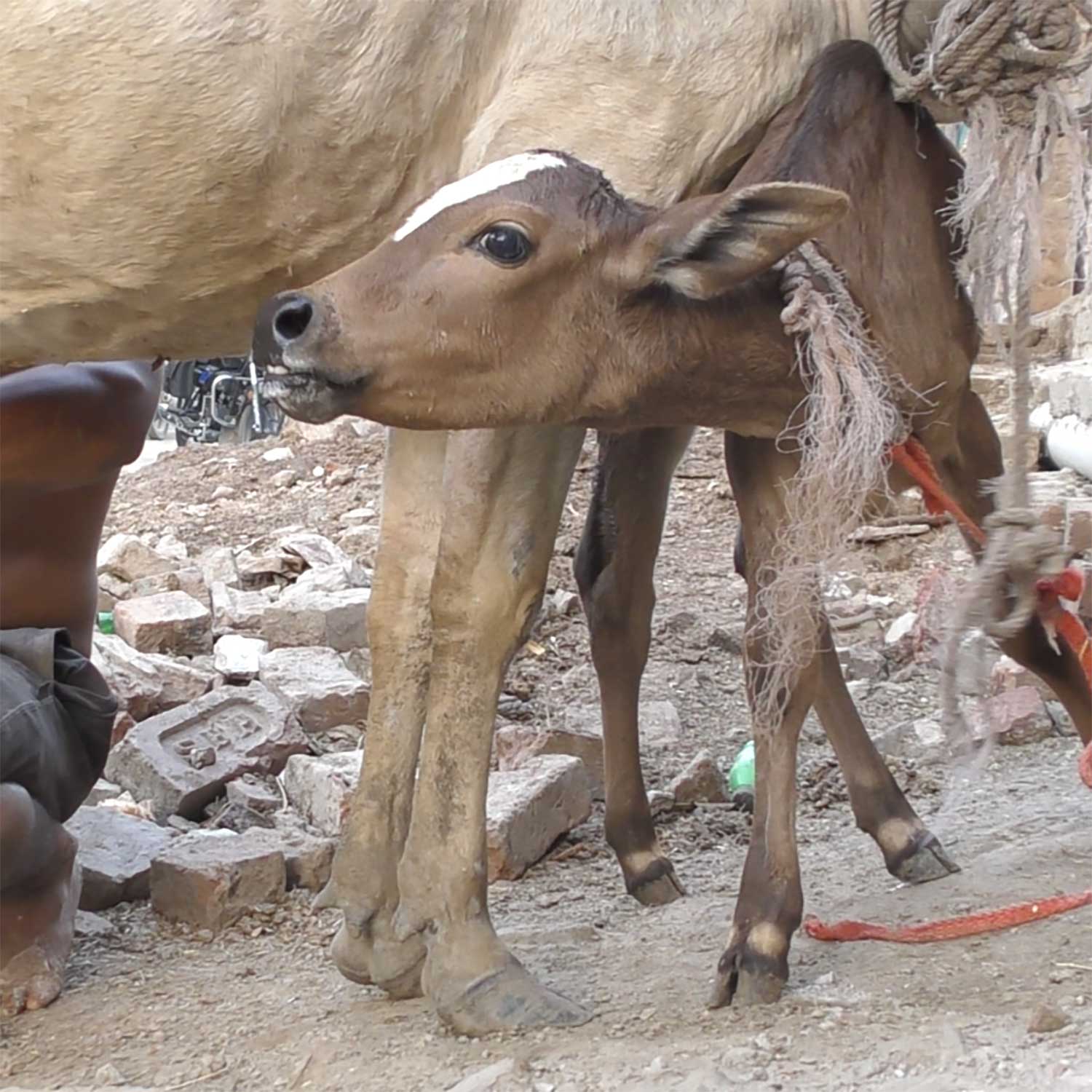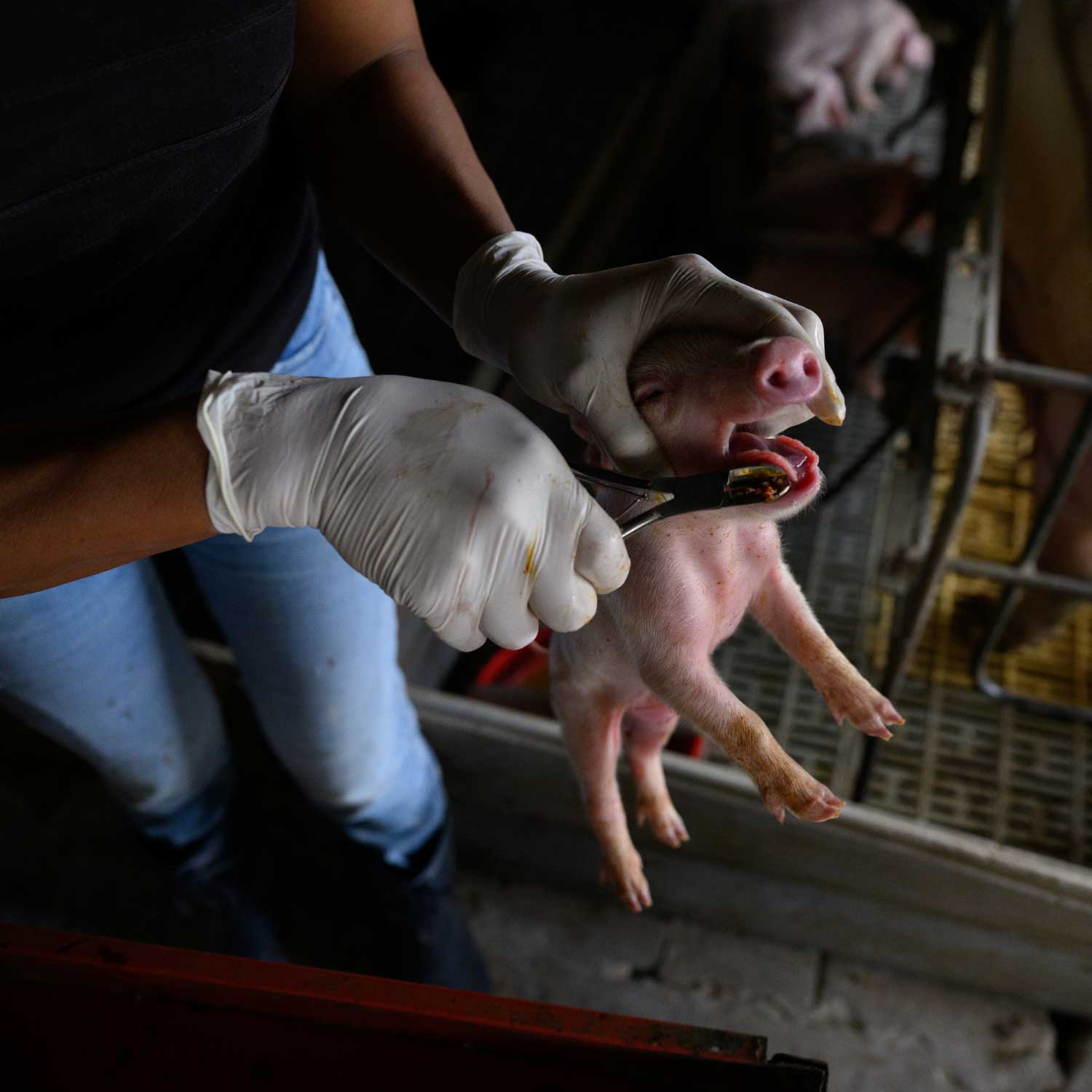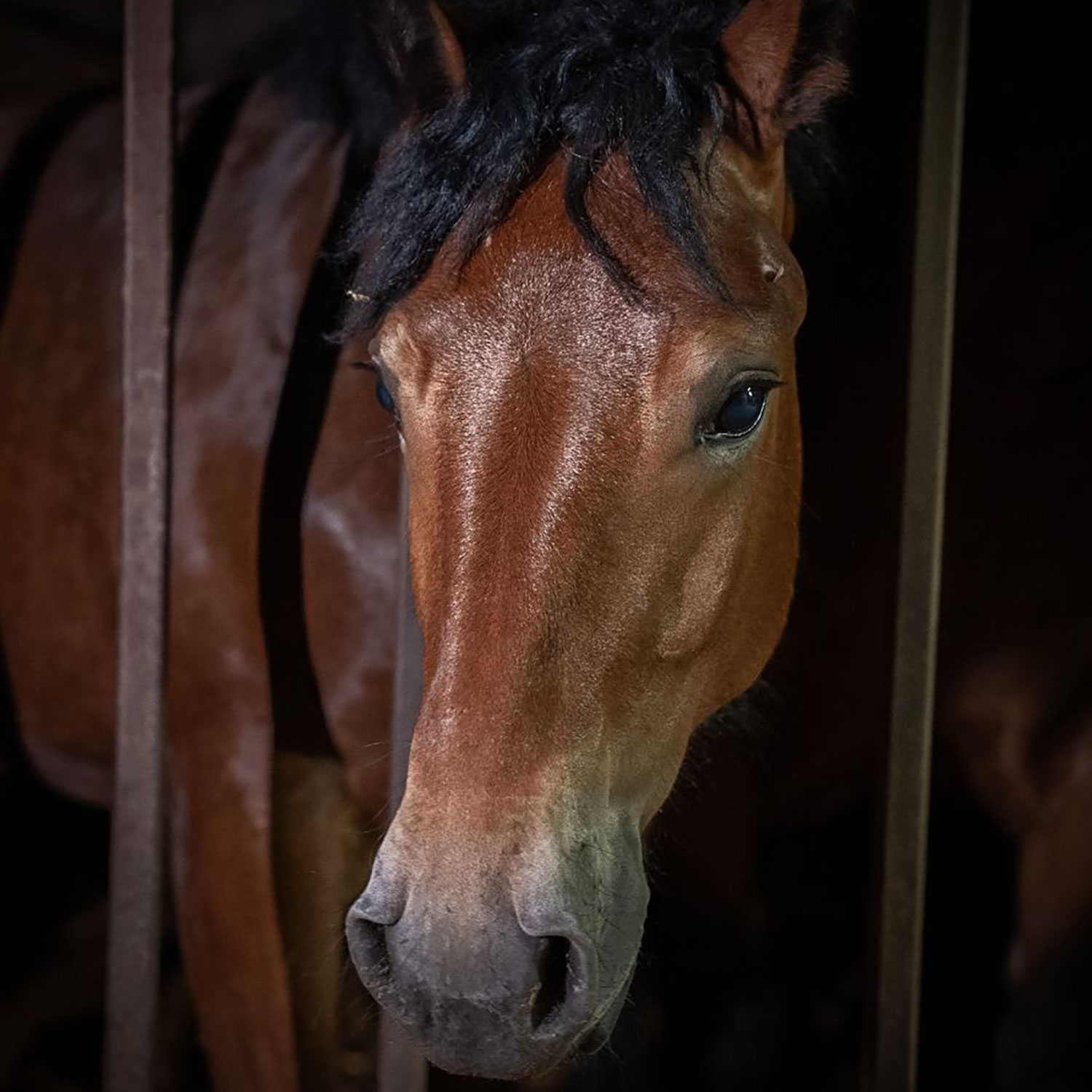Argentina Makes History With Salmon Farming Ban
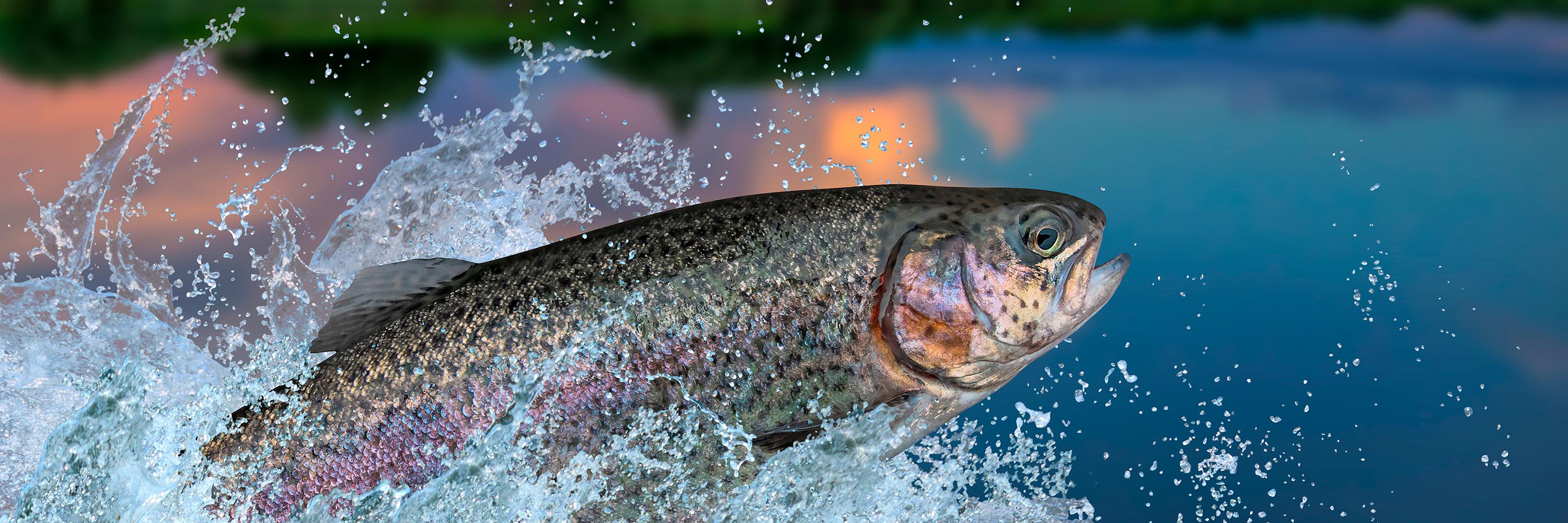
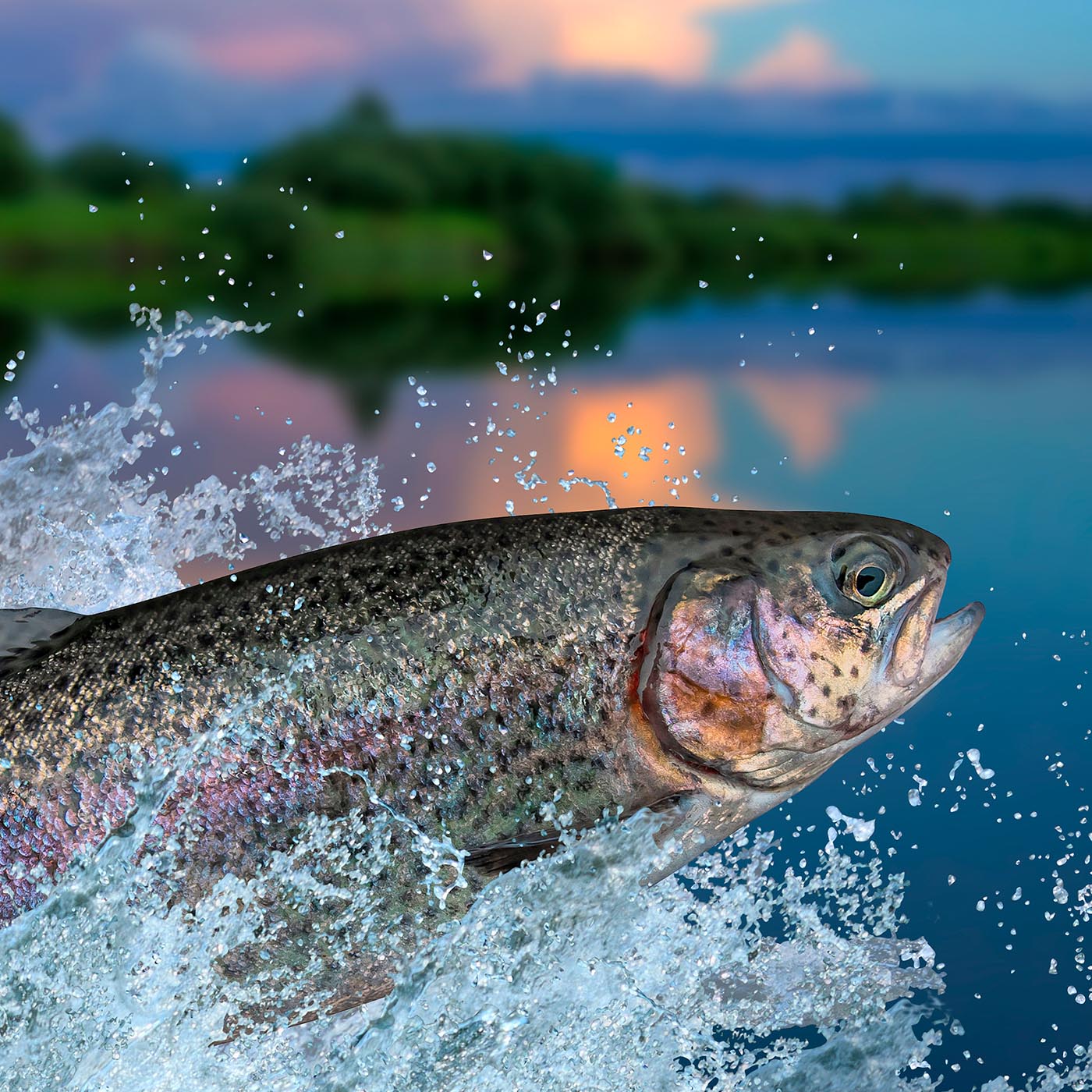
Argentina is officially the first country to implement an open-net salmon farming ban due to concerns about the disastrous effects that fish farms can have on the environment and ecosystems. The new law halted plans to build an intensive salmon farm on Argentina’s south coast, as it prohibits “all salmon farming and production activities” in order to “ensure the protection, preservation and safeguarding of natural resources, genetic resources, and lake and marine ecosystems.”
Argentina’s decision to outlaw salmon farming is a step in the right direction not only the environment, but for animals, too.
What’s wrong with fish farms?
PSYCHOLOGICAL TORTURE: It’s been widely accepted in the scientific community that fish feel pain and there’s a growing amount of evidence that they experience emotions and are self-aware, too. Fish in farms likely spend their entire lives in psychological distress from severe confinement, packed in tightly with hundreds of other fish for up to two years. They endure high levels of ammonia and nitrates due to concentrations of urine, feces, and chemical residue. Parasites like sea lice often feed on their gills, internal organs and their blood. And injuries, illness, and unnatural behaviors like aggression are commonplace.
CRUEL SLAUGHTER: Our investigation of a salmon slaughterhouse in Scotland revealed the suffering and terror farmed salmon face in their final moments. We documented workers having to club salmon multiple times as they fought for their lives before they became unconscious, animals’ gills being cut or torn while they were conscious, animals falling or being thrown to the floor and left to suffocate, and animals left on a conveyer belt to slowly die.
“This footage is alarming. A significant number of salmon are clearly conscious when their gills are cut, which could result in extreme pain for as long as seven minutes.”
Mark Borthwick, Head of Research at the Aquatic Life Institute
ECOLOGICAL DISASTERS: According to reports, intensive salmon farms around Scotland, Norway, Canada, and Chile caused ecological disasters the the regions are currently battling, including sea lice infections which have heavily impacted remaining wild populations, and algae blooms which have killed millions of fish.
TOXIC WATER CONDITIONS: The water in fish farms can become toxic, and it—along with antibiotics, pesticides, parasites, and feces—is spread to surrounding areas, contaminating them. Wild fish populations can get sick and die when parasites and chemicals are spread to them from these farms through the water. According to a study, a 2-acre fish farm can produce as much waste as a town of 10,000 people.
FISH FARMING LEADS TO MORE FISHING IN THE WILD: Many of the fish raised on these farms—like salmon, for example—are predators, meaning they need to eat smaller fish to live. Billions of wild fish need to be caught in order to feed these farmed species. For example, it takes five pounds of ocean fish to produce just one pound of farmed salmon.
WHAT YOU CAN DO: While Argentina’s salmon farming ban is historic step for animals and the environment, wild-caught fish has negative effects on the planet and harms animals, too. If you want to make a difference, one of the best things you can do is to leave fish off your plate altogether. It’s easier than ever with all of the plant-based foods in grocery stores and restaurants nowadays, including vegan seafood options made by brands such as Gardein, Good Catch, Sophie’s Kitchen, and Loma Lunda.

